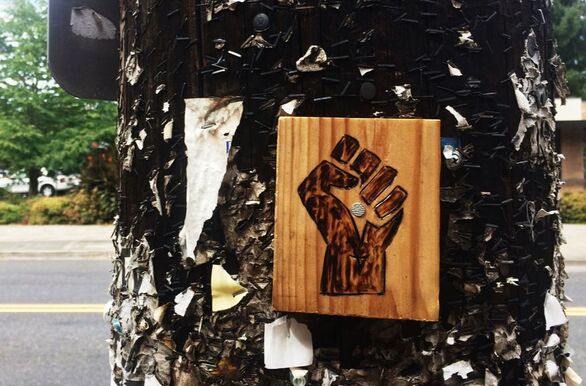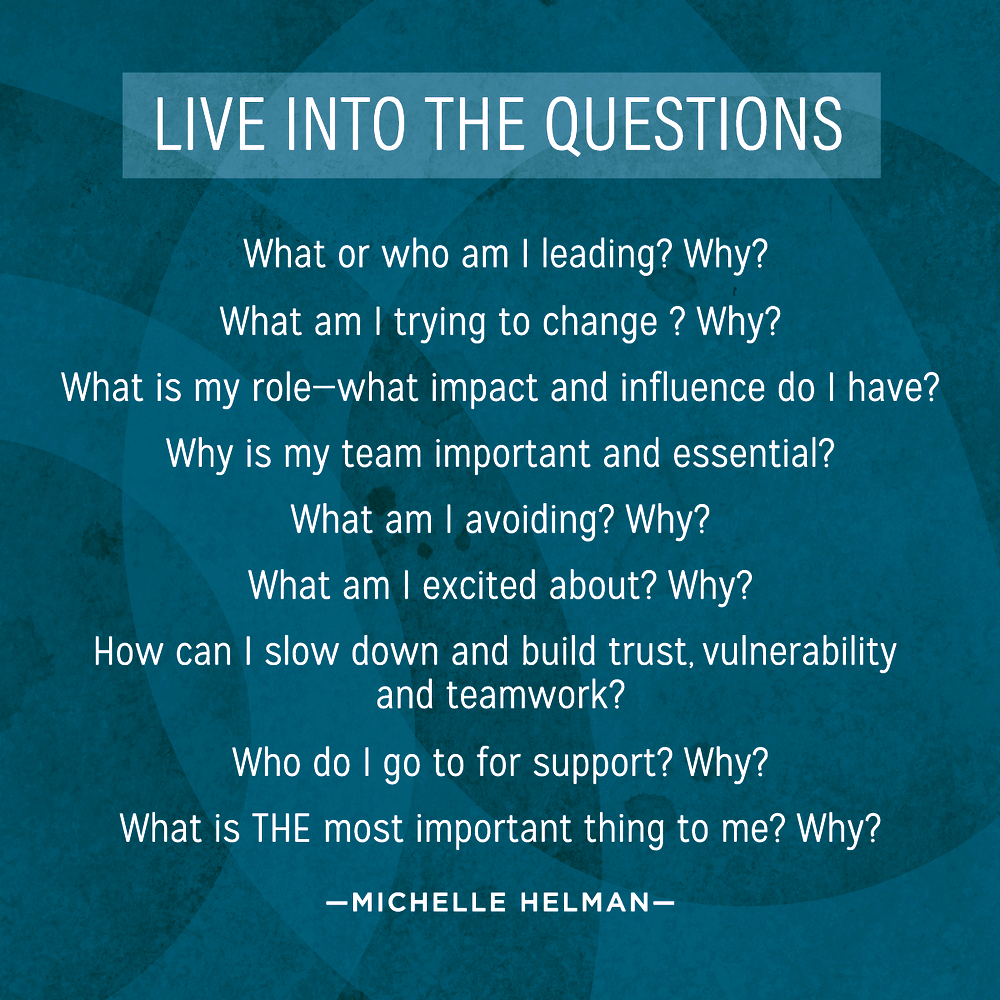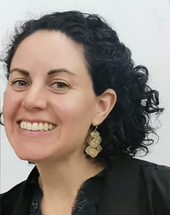|
In response to the ongoing and growing call for justice, change and healing regarding the violence and harm caused by racism, capitalism and other systems of oppression - I facilitated a session at the 2020 Oregon Mediation Association Conference called Self-Care and Resiliency for Mediators.
The session was free to attend, and it was a gift for me to offer pro-bono with and for community. It centered healing and relationships though alternative dispute resolution approaches such as restorative justice. In the session, we focused on meaning making and workshopped how to respond to the challenges of decolonizing self-care practice to build resiliency as a form of resistance - by better understanding and reflecting on how white supremacist culture functions within individuals and organizations. We learned by practicing, reflecting and sharing - based on some brilliant tools (linked below) created by BIPOC and antiracist white allies. If you missed the training, here are some of the activities, resources and tools: ACTIVITY > start here > Reflect on a self-care practice you have; How did you learn it? > What other care practices are you aware of (from family, community or society)? Self-care has been co-opted and packaged for profit, capitalizing on how white-supremacy culture promotes rugged individualism, meritocracy, and rational thinking rather than feeling. It cuts us off from our hearts, guts and intuition. It promotes conflict avoidance and violence. It dehumanizes. It others. It encourages repression of emotion, disconnects people from each other and people from the land. While there is a disproportionate impact and experience of BIPOC and folx with white culture, everyone is impacted - because we are all connected. We all have a part to play to co-create change and imagine a new future. "Rest is a form of resistance because it disrupts and pushes back against capitalism and white supremacy." - The Nap Ministry When we can acknowledge this complex connection and shared humanity and apply a relational & kindship-based approach, we can re-frame self-care as an act of community care and uplift each other. While there is a time and place for affinity groups, that was not the focus of this session. When we listen in, make space for healing trauma and restoring relationships, re-member and reconnect – the way we tend to self-care can shift to an act of resilience and resistance. Resting, pausing and CRITICALLY reflecting are key steps. ACTIVITY > Reflections on white supremacy culture characteristics Which of these characteristics are at play in your life? How do they get in the way of your self-care?
TOOLS & RESOURCES > check them out! > Self-Care BINGO from artist Alyse Ruriani Design > Self-Care Compass and Card from the Community Medicine Cabinet > The Nap Ministry a rest-based movement for equity and racial justice Affirmations > Write your own!
ACTIVITY > On resilience: Ask an ancestor Take a few minutes for personal reflection. First read the prompts, if you feel comfortable closing your eyes, do so. Take a few deep breaths to be present, which will also calm your nervous system - good practice!
After this, we shared things we learned and things we are still curious about. A key takeaway for me was: next time we will have more music and a dance party! I hope to see you there. If you have any questions or comments, contact me. Please share and promote the BIPOC folx and white allies whose work is featured here; direct links to their work are embedded throughout this article in red. For more information about the Oregon Mediation Association and conference details, click HERE. Thanks for reading!
1 Comment
I recently had both the privilege and pleasure to connect with my friend and colleague Lori Eberly, executive trainer, coach and author at Radius Executive Coaching + Development. Lori has a superpower for bridging neuroscience with truth-telling, and every time I work with her I learn something new about myself and how I show up in the world. Lori interviewed me and we discussed intersectional identities, privilege and power in peace and justice work. Additional talking points included white saviorism, elephants in the room, and how to balance reflection and action. I offered some prompts to consider for people and organizations committed to their anti-racism, social justice, healing and transformation journeys. The magic question being WHY, which I wrote about in a previous blog, Collaborative Conversations. The full interview, In Search of Justice: Living the Questions, is available on the Radius ECD website. Here are some key questions that emerged: Let me know:
I'd love to learn more and support your journey! |
AuthorHi, I'm Michelle, a Researcher & Facilitator playing in the nexus of health, justice, and peacebuilding. Archives
March 2024
Categories |
|
You have the answers - we help you find them!
Contact us to schedule your free discovery call today. |
© COPYRIGHT 2023.
ALL RIGHTS RESERVED |




 RSS Feed
RSS Feed